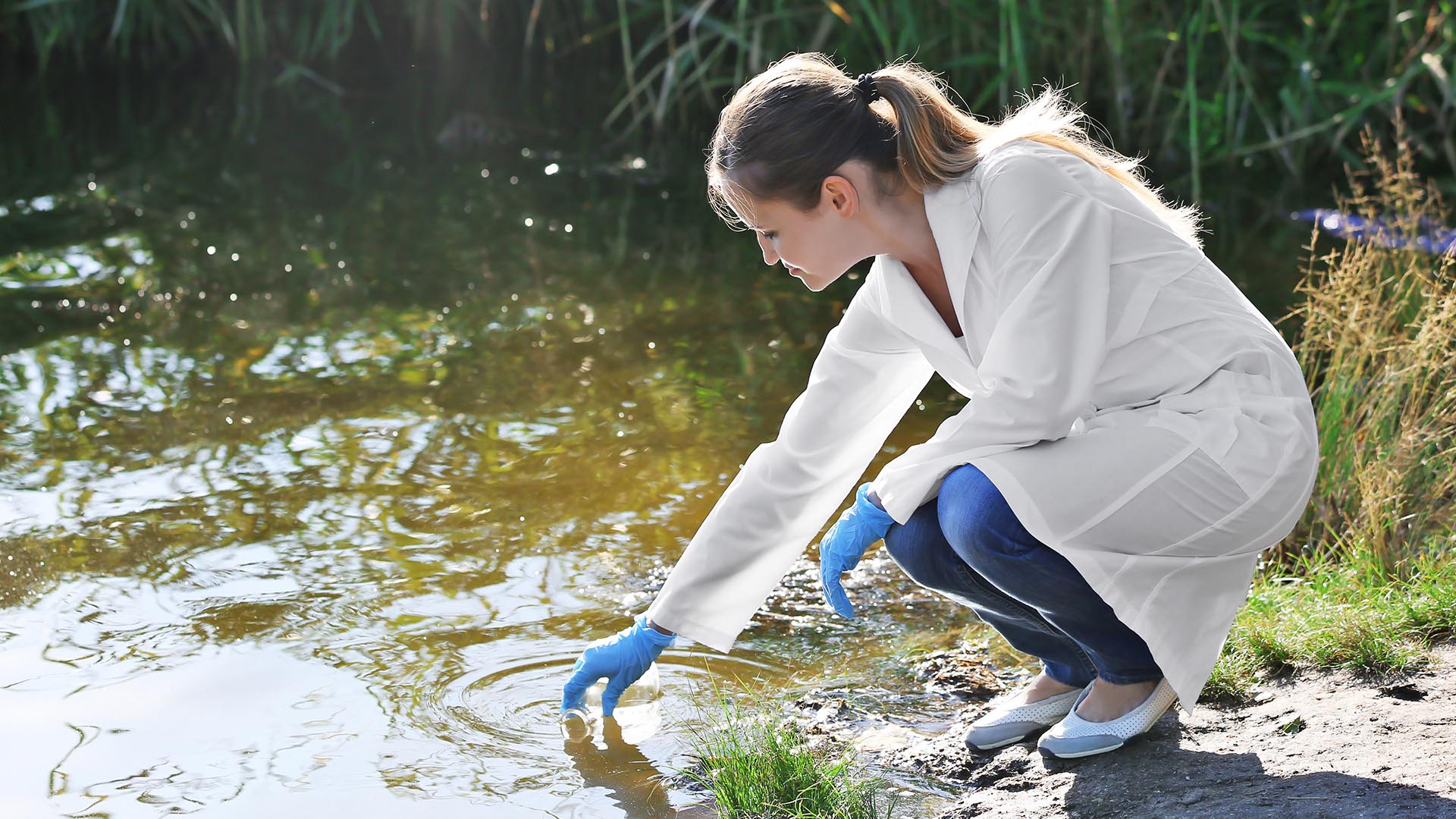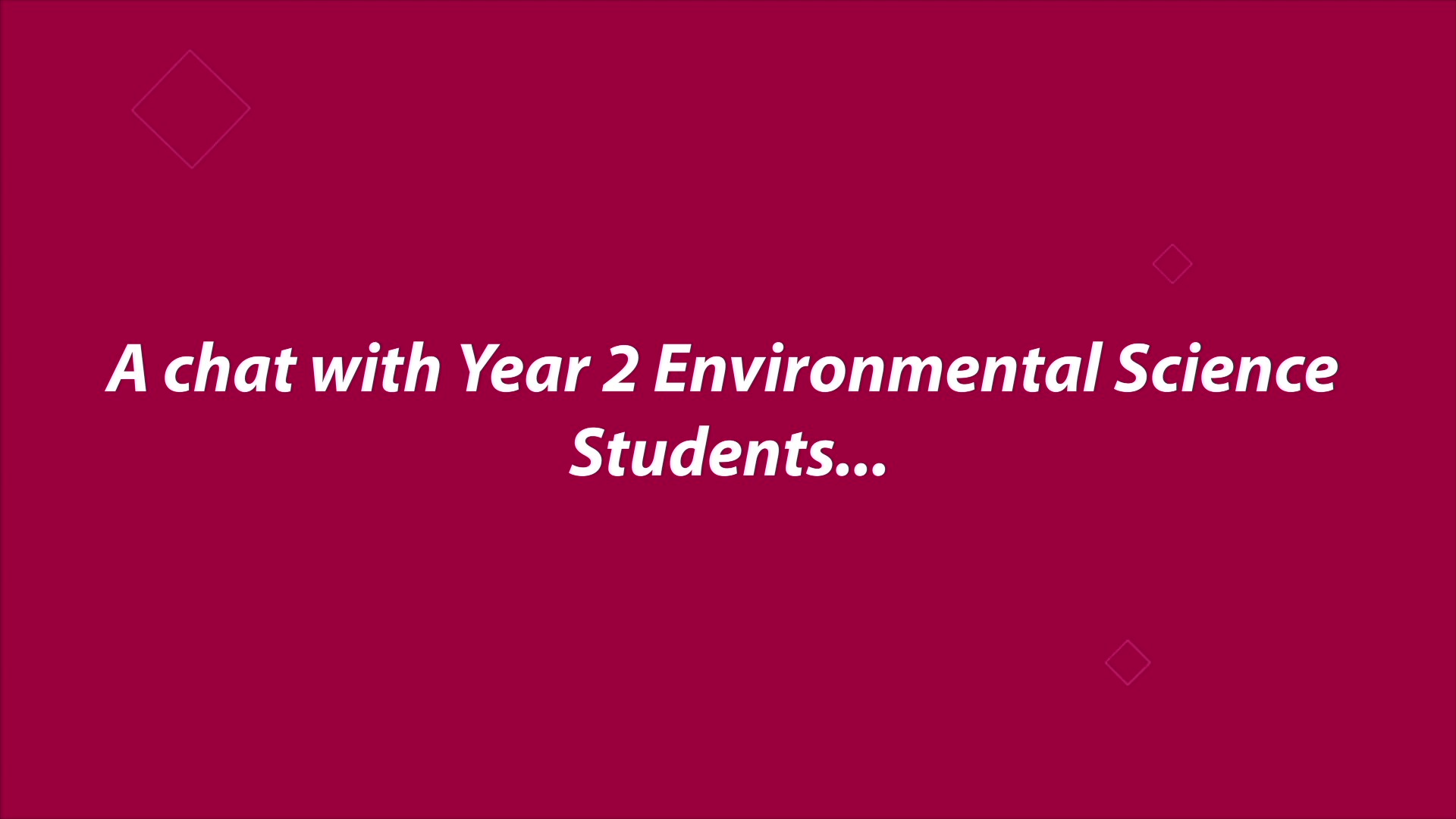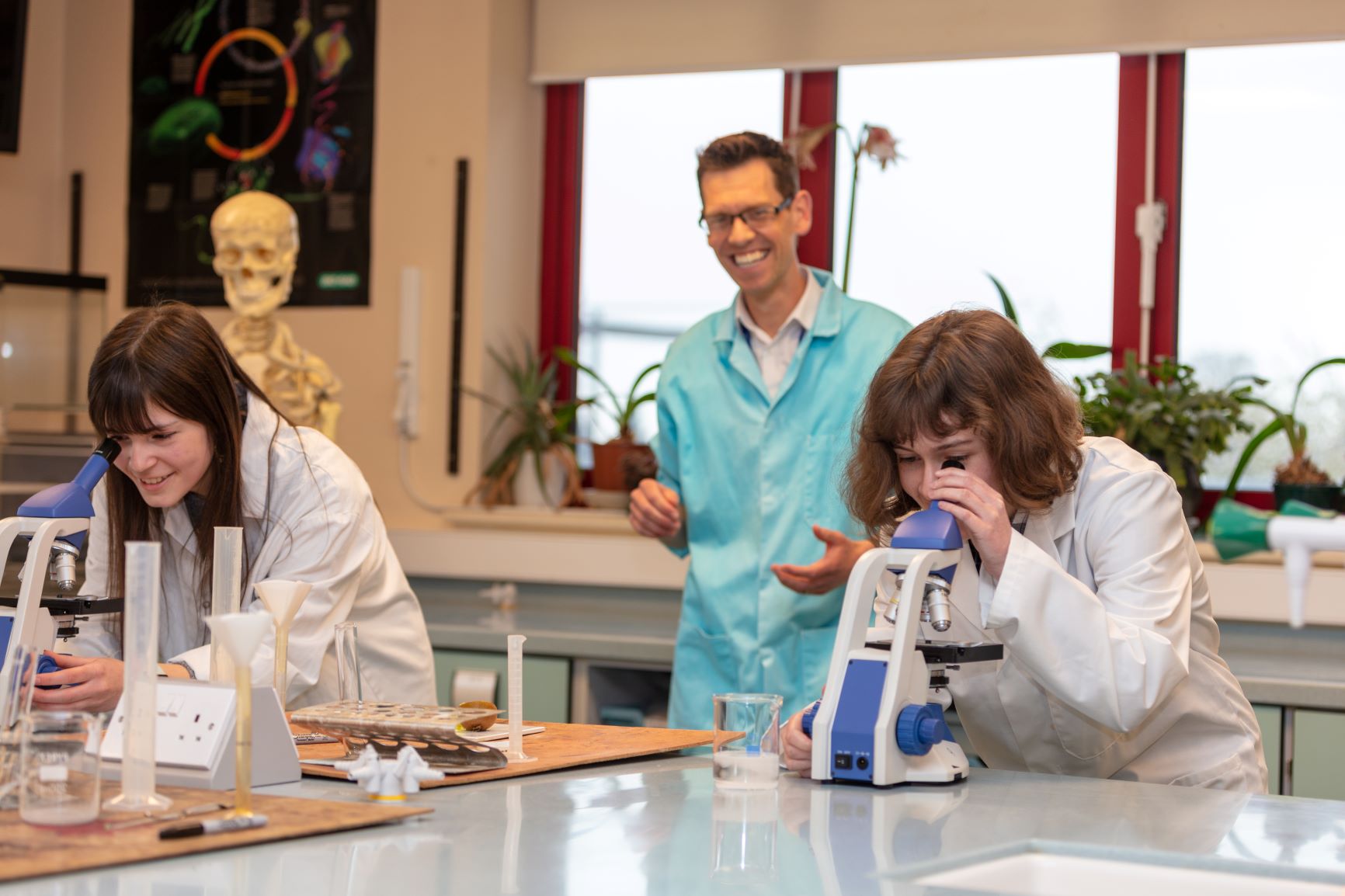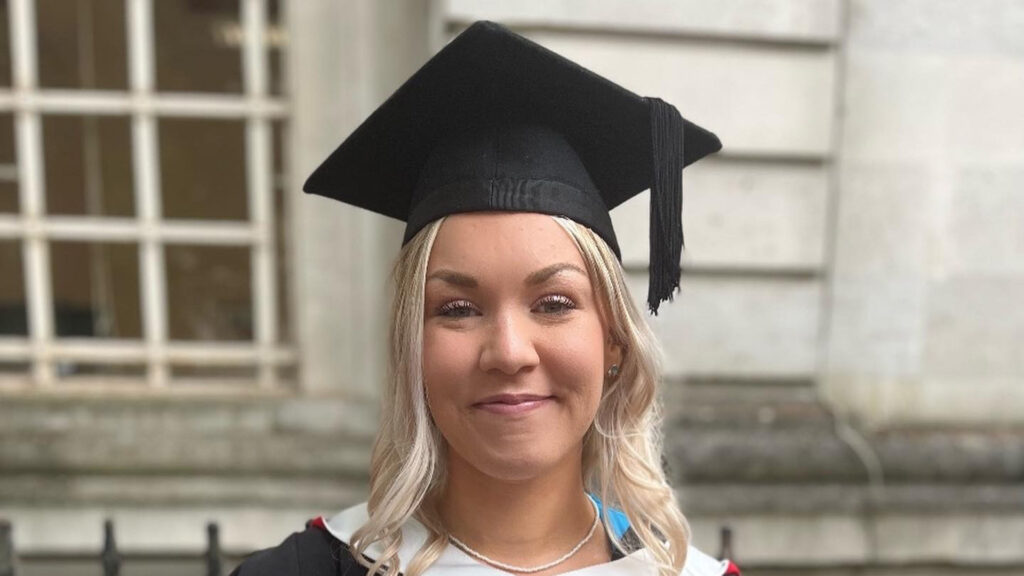DO NOT DELETE OR EDIT THIS ROW OR ITS CONTENTS

Environmental Science A-level provides students with a comprehensive understanding of environmental issues, challenges, and solutions. To express and convey your passion for the environment and conservation by backing up your beliefs and ideologies through a sound scientific understanding of the bigger planetary processes. If you want to save the world, you need to know how it works. Excellent opportunity to study a wide range of topics including the living and physical environment, energy resources, pollution, biological resources and sustainability.
What will I study in Environmental Science A-level?
This course is for anyone interested in getting beyond the headlines about environmental issues and discovering the science behind the stories. You will look at how our environment works and how we manage and conserve our vital resources. Themes include:
1. The living environment
2. The physical environment
3. Energy resources
4. Pollution
5. Biological resources
6. Sustainability
7. Research methods
Entry Requirements
5+ GCSEs at Grade 4 or above, all from the core subjects, including English Language and Grade 5 in Maths plus an Average GCSE score of Grade 5.
How will I learn?
You will be initially introduced to the course through a series of classic case studies and concepts that are at the heart of environmental conservation. This learning is generally building on their previous GCSE or wider knowledge and therefore provides an opportunity for you to develop your transferable skills such are independent research, fact file building and presentation skills.
From this point onward, the course focuses on the scientific processes that cause the environmental changes that we are witnessing. This will involve building and applying your GCSE sciences and math knowledge to real life settings. These skills are key for taking knowledge learnt in one area and then applying it to a similar field. During this phase of the course, you will develop the skills which will help you in higher education or in the environmental field of work. You will need to read, digest and refine scientific papers and work to suit your needs. Flipped learning is used to hone your application skills with the support of your lecturers.
The course also focuses on the practical aspect of the subject by providing the skills necessary to undertake a scientific investigation and analyse the results. This is done through theory sessions, practical sessions and lab-based practice. As a student, you will take part in fieldwork and work alongside local conservation groups in order to gain experience and learn what is really involved with on the ground conservation.
How will I be assessed?
100% exam. There are two exams at the end of the linear year: each are 3 hours exams and worth 50% each.
Any trips?
In the first year, there are two trips, one local visit to City Bank and another to take part in local conservation, both have no charge.
In the second year, there are two trips, Swindon Solar / Wind Farm and Bibury Trout Farm. These trips have a cost of approximately £30.
International trip (optional every other year): Tenerife
Are there any costs involved?
The costs of approx £30 for the two local trips which are compulsory.
If you choose to take the overseas trip there will also be costs involved with this.
FAQs
Yes, this is a major part of the course with the material having an expected working knowledge of around a grade 5.
This course goes very well with Geology and Geography. Other good choices are Biology, Chemistry, Physics and Maths
Yes. If you are intending to take a science degree, it is often the case that two A-level sciences are required and Environmental Science is accepted.
It is a misconception that Environmental Science will involve a vast amount of outdoor activity and fieldwork. Although there may be an allocated week of fieldwork to put the theory into practice, the course is largely theory based.
Awarding Body
AQA
Available As
[56 UCAS pts. available]

Add to Application
What can I do after I have taken this course?
Available As
[56 UCAS pts. available]

Add to Application

DO NOT DELETE OR EDIT THIS ROW OR ITS CONTENTS
What the students say

”In Environmental Science I enjoy learning about the planet we live in, our impact on it and how much we rely on it. I’ve also improved my ability to write longanswer essay-style questions.
Finlay

















